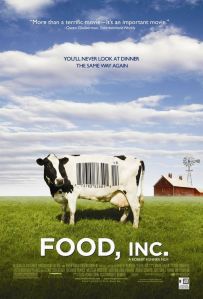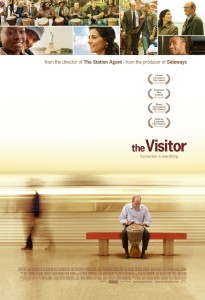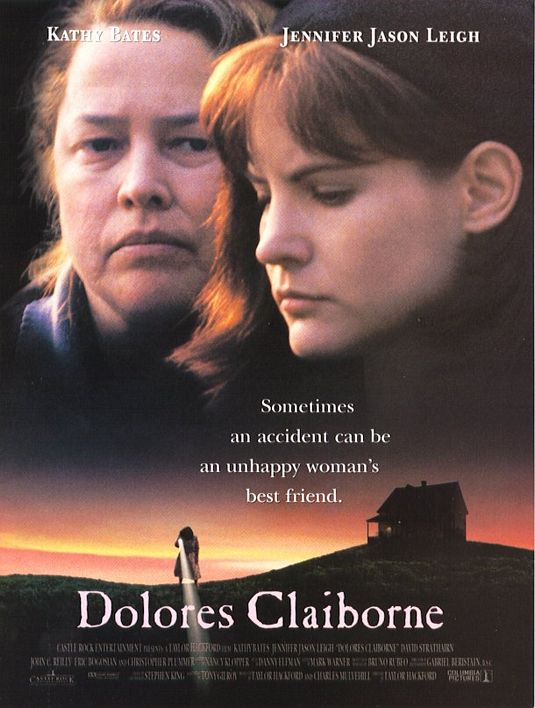Film:
Virunga, 2014
Synopsis (from the official website):
VIRUNGA IS THE INCREDIBLE TRUE STORY OF A GROUP OF BRAVE PEOPLE RISKING THEIR LIVES TO BUILD A BETTER FUTURE IN A PART OF AFRICA THE WORLD’S FORGOTTEN AND A GRIPPING EXPOSE OF THE REALITIES OF LIFE IN THE CONGO.
In the forested depths of eastern Congo lies Virunga National Park, one of the most bio-diverse places on Earth and home to the planet’s last remaining mountain gorillas. In this wild, but enchanted environment, a small and embattled team of park rangers – including an ex-child soldier turned ranger, a caretaker of orphan gorillas and a dedicated conservationist – protect this UNESCO world heritage site from armed militia, poachers and the dark forces struggling to control Congo’s rich natural resources. When the newly formed M23 rebel group declares war, a new conflict threatens the lives and stability of everyone and everything they’ve worked so hard to protect, with the filmmakers and the film’s participants caught in the crossfire.
A powerful combination of investigative journalism and nature documentary, VIRUNGA is the incredible true story of a group of courageous people risking their lives to build a better future in a part of Africa the world’s forgotten, and a gripping exposé of the realities of life in the Congo.
From director Orlando von Einsiedel and executive producer Leonardo DiCaprio.
My Thoughts:
My first thought is if you have not seen this film, please go watch it. It is a beautiful documentary that combines investigative journalism with stunning imagery and deserves every award it has won. I am very thankful to a friend for recommending it to me.
The thing that really struck me about this film was how it was able to show the nobility of the Virunga Park Rangers in both large and small moments. These people face incredible adversity and over 100 have died in their struggle to protect this park, which is a beacon of hope in a violent and corrupt region with a complex history. They face bribes, death threats, and ambushes on a daily basis from all sides, even from supposed allies, and yet continue to do their job to enforce the law and protect this World Heritage Site. They put not just themselves but their families at risk in the effort to resist corruption and maintain order.
The entire time I was watching I kept thinking about the Hidden Words, and how the rangers/journalists and the rebels/business interests seemed to exemplify to two opposite poles of the nobility we should strive for and the abasement we bring upon ourselves:
O SON OF SPIRIT!
I created thee rich, why dost thou bring thyself down to poverty? Noble I made thee, wherewith dost thou abase thyself? Out of the essence of knowledge I gave thee being, why seekest thou enlightenment from anyone beside Me? Out of the clay of love I molded thee, how dost thou busy thyself with another? Turn thy sight unto thyself, that thou mayest find Me standing within thee, mighty, powerful and self-subsisting.
O SON OF SPIRIT!
The bird seeketh its nest; the nightingale the charm of the rose; whilst those birds, the hearts of men, content with transient dust, have strayed far from their eternal nest, and with eyes turned towards the slough of heedlessness are bereft of the glory of the divine presence. Alas! How strange and pitiful; for a mere cupful, they have turned away from the billowing seas of the Most High, and remained far from the most effulgent horizon.
O SON OF SPIRIT!
Noble have I created thee, yet thou hast abased thyself. Rise then unto that for which thou wast created.
There were moments that simply touched my heart while watching this film, moments that showed you just why the Rangers were doing what they were doing. The 800 or so remaining gorillas have their own nobility. They too have families and they too react with fear to the sound of shelling as the rebels set off bombs. Some poachers strive to kill gorillas not even for profit but simply because they think that if all the gorillas are gone then there will be no reason to protect the park any more and they can plunder the resources there. These animals showed traits that we share, such as kindness and grief at the loss of loved ones.
“You can easily judge the character of a man by how he treats those who can do nothing for him.”—Malcolm S. Forbes.
But it isn’t just the gorillas who benefit from the park, but the people in the region. The tourism generated from the park helps provide a positive source of income, which is unfortunately disrupted by the militants in the region. Additionally there are people who live within the park who live off of sustainable subsistence fishing from the lake, which they have done since before colonization. If the oil drilling in the lake commences, their whole way of life will be destroyed, and while SOCO has offered them money, they too aren’t in it for the money but instead want to continue living in harmony with the park around them in a way that allows both themselves and the endangered wildlife to thrive. Unfortunately these advocates have been forced to evacuate due to the violence the rebels have brought.
“The only thing necessary for the triumph of evil is for good men to do nothing.”—Edmund Burke
So rather than doing nothing, what can we do to assist the triumph of justice over injustice in Virunga? Watching the film is a great first step. It is streaming on NetFlix right now. Going to the website is a great second step. There they outline several action steps, from getting the word out, to donating to the Park, to checking your investments to make sure your portfolio does not support companies like SOCO, which profit from the regional instability and are looking to plunder the park.
I am thankful for those who strive to practice their inherent nobility and rise to make the right and ethical choice in the face of both economic incentive and violent threats to do otherwise. I am also thankful that I have never been put in a position to have to make such choices myself so directly, but hope that if ever I were, I would also honor the nobility within me and not abase myself. My thoughts and prayers go to the Rangers who have lost their lives protecting justice and their families.







